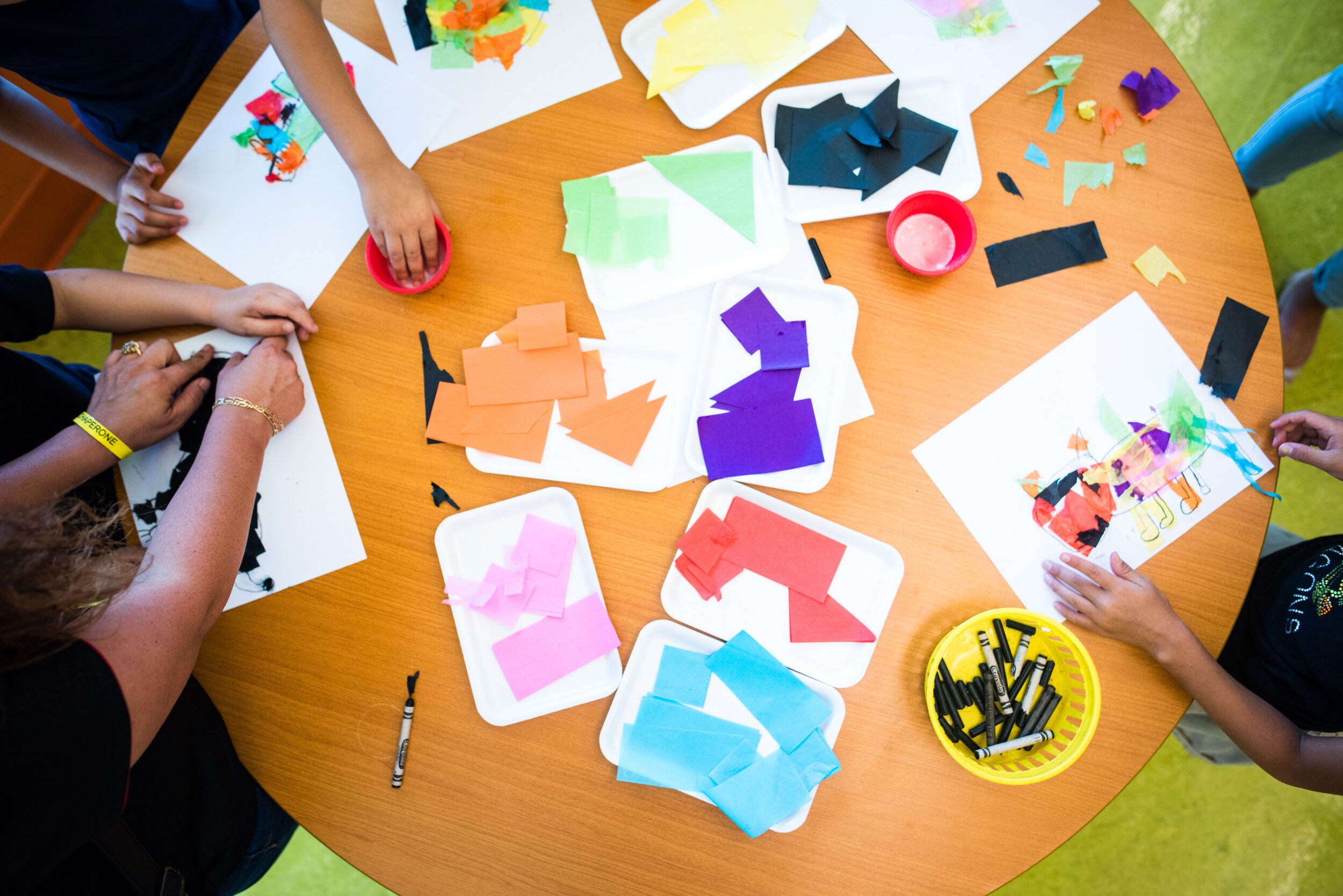Raising Kids with Jersey City’s Diversity
Written by Lauren Vergas, BCA Internship Program
The Many Benefits of Jersey City’s Diverse Environment for Children
Raising children in multi-cultural communities with diverse schools – like those in Jersey City – leads to an increase in their understanding of other cultures and opinions as adults.
Jersey City’s Many Cultures
Named the second most diverse city in the nation in 2021, Jersey City is a place where a multitude of cultures are present. As a major historical point of entry for immigrants to the United States with close proximity to the New York City metropolitan area, Jersey City has developed its own unique atmosphere with a constantly growing demographic. The city is culturally diverse with respect to many different areas: ethnicity, race, religion, language, and nationality.
Jersey City’s different cultural groups do more than just coexist in the same community. Different cultures are respected and often celebrated, contributing to the population’s understanding of each other. This unique dynamic builds an inclusive community – the very core of our mission at Finally Home. A strong sense of community can take many forms, but for it to truly be long lasting for future generations, it is important that our children learn ideas of acceptance and inclusion from an early age.
Growing up in Multi-Cultural Communities
The notion that it “takes a village to raise a child” still rings true in many ways today. The growth of young children is impacted by nearly every person that they come in contact with, even indirectly. Their developing minds are constantly listening and processing the world around them, whether it be an overheard conversation in a grocery store or a popular show on television. A study from the University of Chicago found that “children who heard multiple languages in their neighborhoods were more receptive to people who spoke languages other than their parents’ language.” Therefore, it is safe to assume that children who grow up in diverse communities like Jersey City tend to have more open minds to cultures and opinions that differ from their own.
The Benefits of Diverse Schools
More often than not, the main factor parents are concerned about when choosing a school for their children is the quality of education. However, something that might get overlooked is the quality of the school’s diversity. While the majority of a child’s time at school is spent in classes, the environment in which they learn is equally as important as the academic material. They spend time with other children, learning communication skills as well as how to understand different people and their points of view. While any form of interaction with others will help a child develop social skills, a diverse school environment makes a world of difference. Jersey City’s public schools are a perfect example of this kind of environment, with children from all different backgrounds.
While similarities in culture among children at school initially makes it easier to form friendships, they might experience difficulty in some aspects later on in life. Perhaps they will struggle with understanding differences in opinion or adapting to new situations, potentially leading to unnecessary conflicts. As these children get older, they will be presented with more and more situations in which an open mind and knowledge of different perspectives are immensely beneficial.
Although children can be exposed to different cultures in a variety of ways, a diverse classroom is the most effective setting: they come into contact with each other for extended amounts of time, all with the same objective of learning. Their school provides a sense of community and belonging despite their many differences. As a result, children can not only learn tolerance of other cultures, but also empathy, contributing to the destruction of harmful stereotypes. They will gain the ability to understand the feelings and opinions of others, leading to the avoidance of any future conflicts that would occur otherwise.
In addition to providing children with an increased understanding of others, a diverse school environment has a host of other benefits. For instance, researchers from Columbia University have reported that “students’ exposure to other students that are different from themselves and the novel ideas and challenges that such exposure brings leads to improved cognitive skills, including critical thinking and problem solving.” Additionally, students can learn skills that are valuable to their future employers. In an increasingly diverse society, 96% of major employers have stated that it is crucial that employees be “comfortable working with colleagues, customers, and/or clients from diverse cultural backgrounds.”
Education for an Inclusive Future
A large body of research shows that millions of Americans agree that as the country becomes more racially and ethnically complex, schools should reflect on that diversity and educate our children for the ever-changing future. So, while diversity among individual students in schools is valuable, it is also important to include lessons on diversity in the curriculum. Jersey City has taken steps in this direction following a 2020 bill passed by the state of New Jersey. The bill requires that diversity and inclusion be taught in all New Jersey public schools. As a result, the state’s learning standards now include the promotion of “economic diversity, equity, inclusion, tolerance, and belonging in connection with gender and sexual orientation, race and ethnicity, disabilities, and religious tolerance.”
Going Forward
One of Jersey City’s most defining points is its diversity. The crossovers of different cultures and lifestyles provide countless benefits to the population, particularly for families with growing children. At Finally Home, we believe that our differences deepen our sense of community. As Jersey City’s children get older, they will build an even stronger community because of today’s increased emphasis on the importance of diversity and inclusion.
A R T I C L E R E F E R E N C E S




